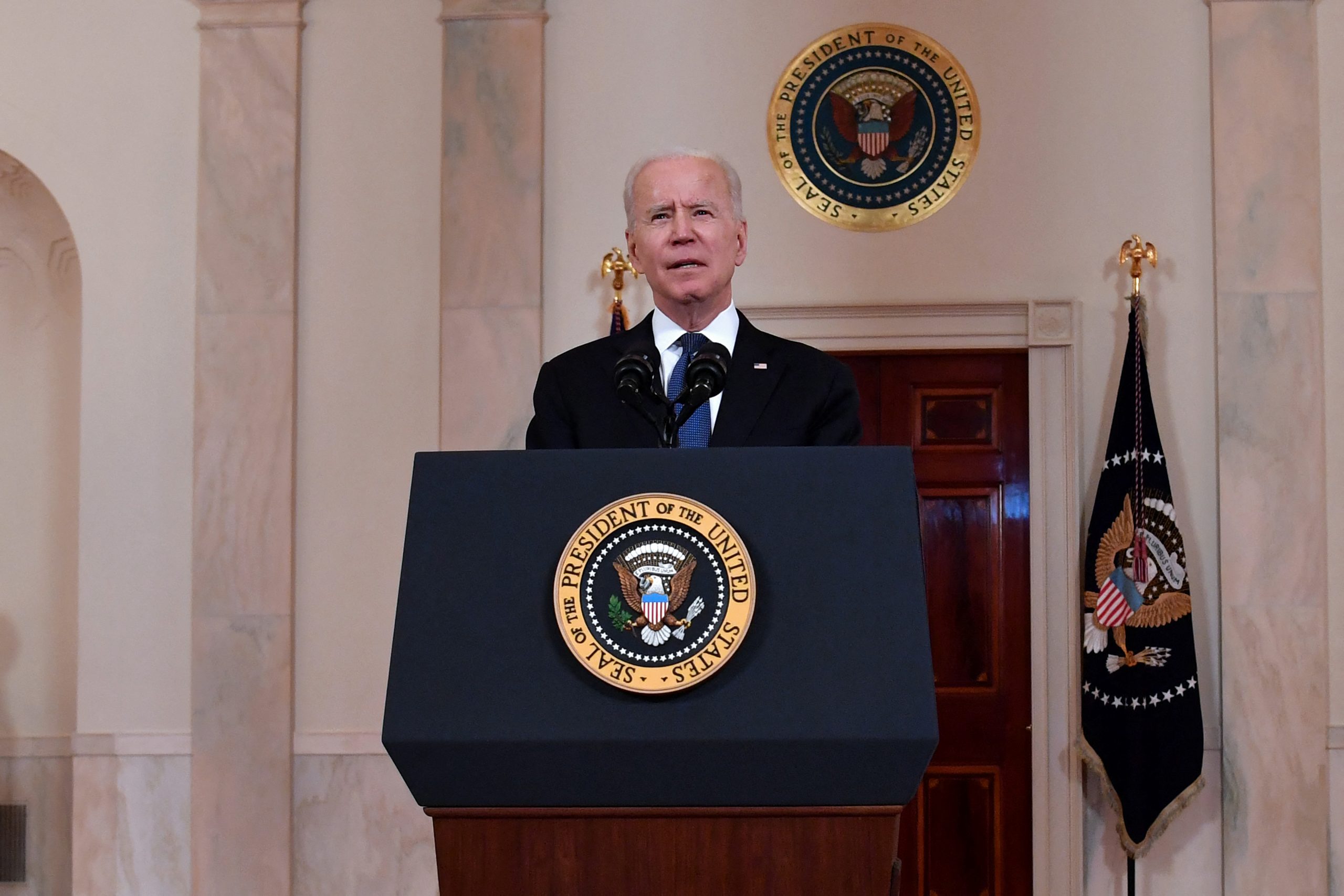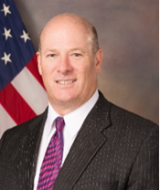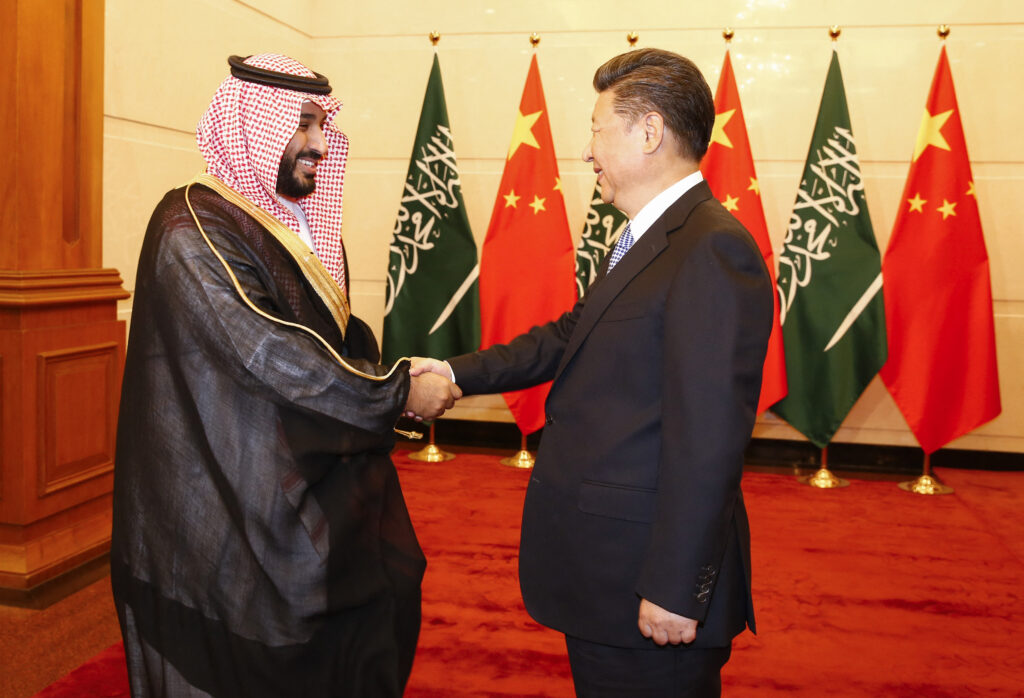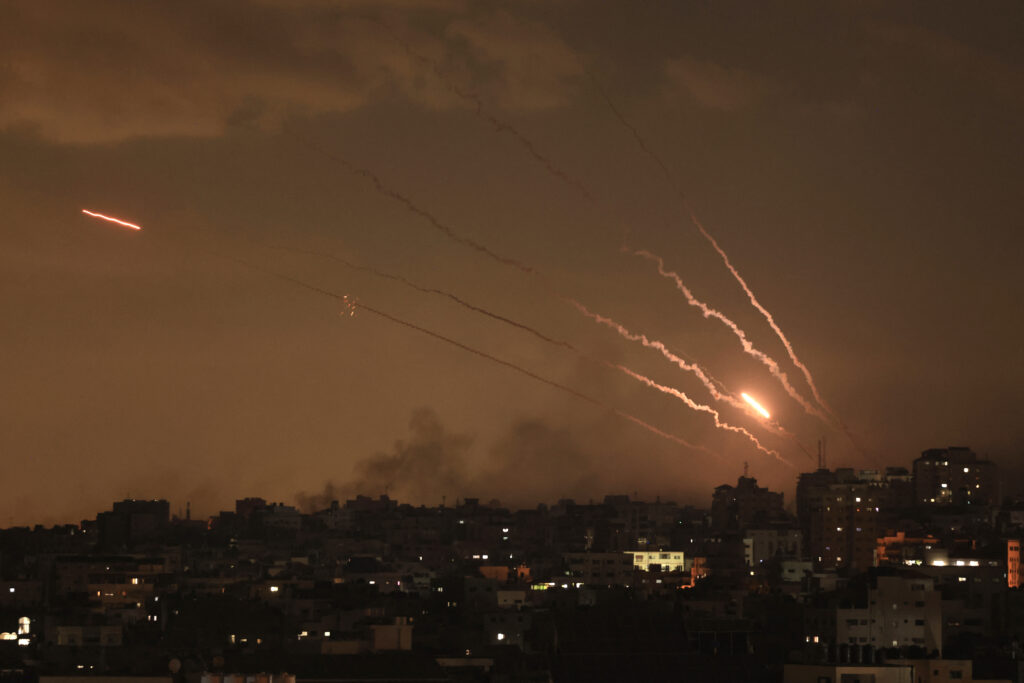
- 03 Aug
Between Co-operation & Confrontation: Has the US Renounced the Carter Doctrine?
(This event is organised by MEI Diffusion of Ideas-Gulf research cluster.)
Abstract
The Biden administration’s decision to pull all troops out of Afghanistan has added to the chorus of discussion on the evolution of America’s Middle East policy from a boots-on-the-ground orientation towards that of an offshore balancer.
But with tens of thousands of troops still based in the Gulf, is the American role really shifting? Are Washington’s mixed signals forcing GCC countries to review their strategic alliances, such as hedging with other big powers including China? Or is moving away from purely military partnerships towards more diplomatic, political and economic engagement the way forward not just to secure American interests but for a more stable and peaceful region?
This public talk will be conducted online via Zoom on Tuesday, 3 August 2021, from 8pm to 9.30pm (SGT). All are welcome to participate. This event is free, however, registration is compulsory. Successful registrants will receive a confirmation email with the Zoom details closer to the date of the event.
Image Caption: US President Joe Biden delivers remarks on the Middle East in the Cross Hall of the White House, in Washington, DC on May 20, 2021. (Photo by Nicholas Kamm / AFP)
Listen to the full event here:
Watch the full event here:
Read the Summary of Event Proceedings:
By Ilyas Salim
Research Assistant, Middle East Institute, National University of Singapore
Mr David B. Des Roches
Associate Professor at the Near East South Asia Centre for Strategic Studies (NESA) at the National Defense University
Mr Des Roches said that the Carter Doctrine is an often misunderstood element of US foreign policy. Developed by Zbigniew Brzezinski, who served as National Security Advisor to US president Jimmy Carter, the Carter Doctrine enunciated American hardline realist concerns of Soviet expansion during the height of the Cold War. Developments such as the Iranian revolution in 1979 were seen by Washington as a cat’s paw for a communist takeover and such fears of a monolithic communism impinging on newly independent, still-fragile countries animated US policy during the Soviet invasion of Afghanistan in the same year.
The doctrine was birthed during a specific historical and political context and has since acquired many “accretions” over time; originally a presidential utterance, the term is often mistaken to be a pillar of US national policy. This is questionable when looking at the doctrine’s history of practical usage. Many analysts regard the most prominent application of the doctrine to be the mobilisation of US forces to expel Saddam Hussein from Kuwait during the Gulf War in 1991. However, the US Senate’s decision to go to war was in fact very closely-run — a 52 to 47 vote — thus dispelling the idea that any invasion of a GCC state warranted an automatic US response. Washington’s conduct during the Arab Spring in 2011 was equally telling — in Bahrain for example, despite the protestors likely receiving Iranian aid, the US refused to take action against them under the supposed Carter Doctrine. Similarly, the lack of a US kinetic military response against Iran for the attacks on Saudi Arabia’s oil refineries in Abqaiq triggered analyst and media speculation about whether Washington had renounced the Carter Doctrine.
The Carter Doctrine, as outlined by former president Carter, highlighted vital aspects that have often been overlooked by observers. The doctrine indicated willingness to use military action to protect American-Persian Gulf interests against an “outside force” (originally referring to the USSR) — Saddam Hussein’s invasion of Kuwait was not considered an “outside force”, hence the close vote in the senate. The doctrine also implied that US action was to be taken if the military threat to its interests or allies reached a certain threshold. The drone attacks against KSA, for instance, was not deemed to have met this threshold. Given these considerations, it is possible to say that American policy is still broadly consistent with this understanding of the doctrine. Rather, the doctrine is simply not a useful tool for the current American geopolitical position in the Middle East.
Ms Elana DeLozier
Rubin Family Fellow in the Bernstein Programme on Gulf and Energy Policy at the Washington Institute for Near East Policy
Ms Elana DeLozier agreed that the context in the Middle East today is vastly different from the time the Carter Doctrine was articulated. Describing the US position in the Middle East as a ‘psychological withdrawal’, she noted that while the US continues to maintain a notable military presence there in terms of equipment, bases and personnel, Washington’s lukewarm response to developments such as the attacks on Saudi Arabia’s oil refineries in Abqaiq has nonetheless led to a sense of insecurity among the regional players who have traditionally relied on the US due to its role as a balancing power. Whether the US has, or has not, abandoned the Carter Doctrine, the shifting role of the US has prompted these Middle Eastern states to consider how much of the security burden they now have to take into their own hands. Saudi Arabia and the UAE, for instance, are increasingly concerned about their security in the Western flank of the Arabian Peninsula and have thus stepped up their military presence in the Red Sea.
The Gulf response to the US’ psychological withdrawal has also drawn American concerns.
While the US has been selling military weapons and equipment to Gulf states for decades, these weapons have generally not seen much action. KSA’s military involvement in the Yemen war since 2014 meant that American weapons were being directly used in a controversial conflict. This has significant implications for US foreign policy, especially because Gulf states have started to take security matters into their own hands and this has sparked discussions – whether American equipment should be given to states operating on different rules of engagement with the US and if a regional framework with clear and consistent rules of engagement can be established.
Dr Kenneth Katzman
Senior Middle East Analyst for the US congress, with special emphasis on Iran, the Persian Gulf states, Afghanistan and Iran-backed groups operating in the region and in South Asia
Dr Kenneth Katzman concurred with the other speakers on how the circumstances in the Middle East today have changed greatly since the time the Carter Doctrine was enunciated.
The US then, saw the Soviet Union as being on the march and was determined to contain them especially during the Soviet invasion of Afghanistan. Ever since, the threats to the Gulf have shifted from external to internal ones. Saddam Hussein’s invasion of Kuwait in 1990 prompted the US to participate in the Gulf War, leading to his expulsion from the country. The Iraq war in 2003 further led to the removal of Saddam Hussein and Iraq as a strategic factor in the Gulf.
Dr Katzman traces the evolution in US policy towards the Middle East very starkly to the time of former president George W. Bush’s decision to invade Iraq in 2003. Largely motivated by the 9/11 attacks, the Iraq war was controversial from the start and Dr Katzman argues that it was a strategic blunder on many levels. It enabled Iran to have preponderant influence inside Iraq and also paved the way, in some measure, for the events that led to the formation of the Islamic State group. Importantly, the war had an enormous impact on the psyche of the American public, which has since soured in American intervention in the Middle East. This domestic disapproval has been reinforced in recent years, especially now that the US is less dependent on Middle Eastern oil and the Israel–Palestine conflict has taken a backseat in the minds of American citizens.
Nevertheless, Dr Katzman said that elements of the Carter Doctrine still surface from time to time. This persistence is less about the US trying to maintain its hegemony in the Gulf and more about Washington’s desire to keep other great powers from muscling into the region, for various strategic reasons. This is seen, for instance, in the Washington’s sanctions against transactions involving Russia’s S-400 air defence system which has seen buyers including Turkey and China.
Highlights from the Q&A Section
During the Q&A session, a key thread of discussion involved the diminished US role in the Middle East and whether it represents a case of actual retrenchment or rightsizing – how best to interpret Washington’s strategic readjustment in the region?
Mr Roches discussed the various considerations animating the shift in US policy in the Middle East. During the wars in Iraq and Afghanistan, it made obvious sense for the US to maintain a large and tangible military presence. Gulf allies, eager to have American bases established on their soil, also helped to subsidise US operations in the region. However, those wars have since winded down, leading to a dissipation of the force structure. Furthermore, the sending of vital military equipment and systems such as the Patriot battery to the region renders it difficult to redeploy them for other uses befitting American interests. As such, from a force management perspective, it seems natural for the US to downsize its military presence in the Middle East.
A military strategic view also supports this angle. The establishment of US forces along the Gulf was originally done with the idea of repulsing any potential invasion from the north. However, as Iran is now seen as the major regional threat, it makes more sense for these forces to be stationed on the other side of the Arabian Peninsula and in places like Jordan, where they can be easily reinforced.
Ms DeLozier noted that other areas have since gained strategic significance and discussed the increasing military buildup in the Red Sea, which contains the Suez Canal and the Bab el-Mandeb — two of three major chokepoints in the region. Various powers including the US and Britain have set up forces in Djibouti, while other powers like China, Russia and Turkey are also becoming interested in the region. While the increasing activity in the area is primarily driven by economics, it has also raised the general perception of being a threat within the area given the proximity of the global powers there. This is further compounded by the plethora of security challenges in the region, from migration and refugee issues to threats of terrorism in countries such as Somalia.
About the Speakers

Rubin Family Fellow
Washington Institute for Near East Policy
Mr David Des Roches
Associate Professor
Near East South Asia Center for Strategic Studies (NESA)
National Defense University
Dr Kenneth Katzman
Senior Middle East Analyst
Ms Elana DeLozier is the Rubin Family Fellow in the Bernstein Programme on Gulf and Energy Policy at the Washington Institute for Near East Policy where she specialises in Yemen, the Gulf states and nuclear weapons and proliferation. She is also an Adjunct Assistant Professor in the Centre for Security Studies at Georgetown University’s Edmund A. Walsh School of Foreign Service. She was in the Middle East from 2011-2018 as a political analyst and trainer, including six years in the Gulf and two years in Lebanon. While abroad, she founded The Sage Institute for Foreign Affairs to train political analysts and make political analysis more accessible. She has taught graduate courses on nuclear proliferation, Gulf politics and counterterrorism at New York University in New York City and at Khalifa University in Abu Dhabi. From 2006-2010, she served as the right hand to the commissioner of the NYPD Counterterrorism Bureau as well as an intelligence analyst on nuclear issues and Al Qaida in the Arabian Peninsula. She started her career at the Brookings Institution.
Ms DeLozier appears frequently in the media discussing the internal dynamics of Yemen, events in the Gulf and Iran’s nuclear programme. She was recently selected as a member of the 2019 Mid-Career Cadre for CSIS’s Project on Nuclear Issues (PONI).

Mr David B. Des Roches is an Associate Professor at the Near East South Asia Centre for Strategic Studies (NESA) at the National Defense University, where he specialises in countries of the Arabian Peninsula, Gulf Cooperation Council regional security, border security, weapons transfers, missile defense, counterinsurgency, terrorism and emerging trends.
He joined NESA in 2011 after serving the Office of the Secretary of Defense for Policy in numerous positions, including as director of the Gulf and Arabian Peninsula, the DoD liaison to the Department of Homeland Security, senior country director for Pakistan, NATO operations director (where he drafted the NATO comprehensive approach directive), deputy director for peacekeeping, and the spokesman for the Defense Security Cooperation Agency. Prior to that, he served in the White House Office of National Drug Control Policy as an international law enforcement analyst and special assistant for strategy.
Professor Des Roches has lectured at the Qatari Staff College, the Saudi War College and is the author of numerous articles and chapters on Gulf security. He is the editor of The Arms Trade, Military Services and the Security Market in the Gulf: Trends and Implications (Berlin: Gerlach, 2016) and a contributing author of the NATO curriculum on counterinsurgency. He regularly presents at various Washington and international think tanks on Middle East issues.
Des Roches is also a Non-resident Academic Fellow at the Arab Gulf States Institute in Washington and Senior International Affairs Fellow at the National Council on US Arab Relations.

Dr Kenneth Katzman serves as a Senior Middle East Analyst for the US congress, with special emphasis on Iran, the Persian Gulf states, Afghanistan and Iran-backed groups operating in the region and in South Asia. He provides expert reports, briefings and analysis to senior government officials and members of congress. Dr Katzman has participated in several congressional delegations to the Middle East and testified before various committees and sub-committees on numerous occasions. Prior to joining the Congressional Research Service, he served as an analyst at the Central Intelligence Agency. His work has been featured in various publications, including a book The Warriors of Islam: Iran’s Revolutionary Guard (Westview Press, 1993). He holds a PhD in political science from New York University (1991). For the event, he will be speaking in personal capacity.
Related Events
- - April 30, 2024



